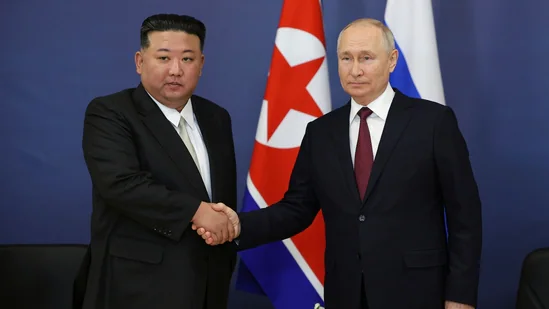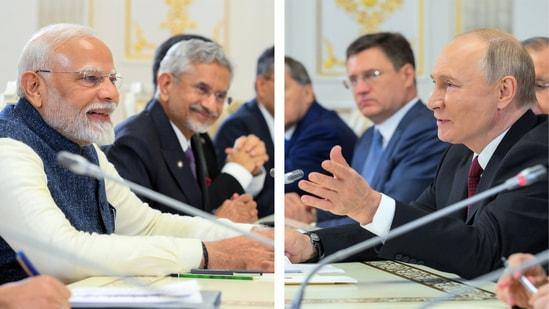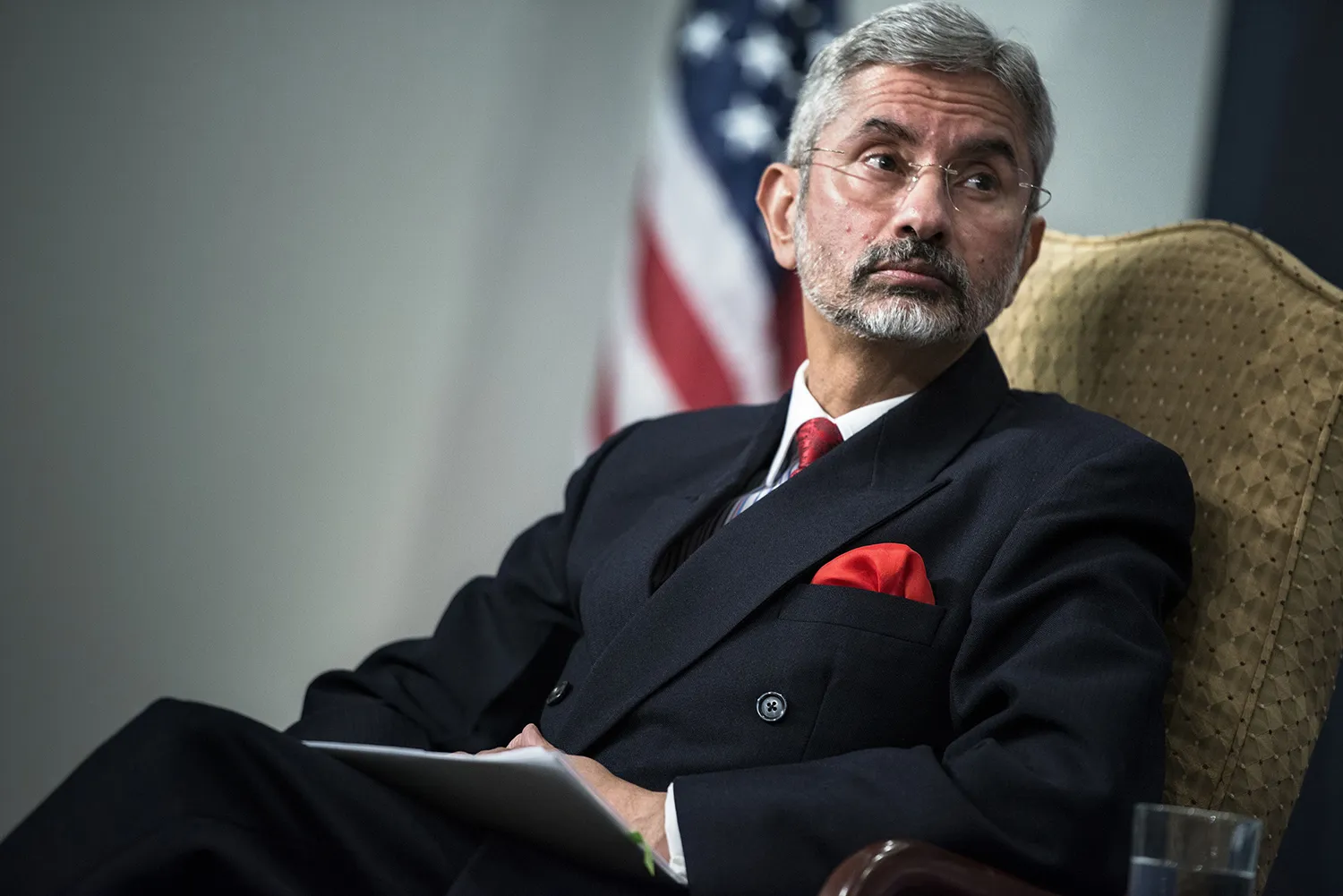U.S. Defense Secretary Lloyd Austin stated on Tuesday that he does not believe a full-scale war between Hezbollah and Israel is unavoidable, despite growing concerns over potential escalation following a deadly rocket attack in the Israeli-occupied Golan Heights.
The recent rocket strike, which occurred on Saturday, killed 12 children and teenagers playing football in a Druze village. Israel has blamed the Iran-backed Hezbollah for the attack and promised a strong response, though Hezbollah has denied any involvement.
The U.S. is actively working to prevent further escalation, especially urging Israel to avoid targeting civilian areas in Beirut or critical infrastructure in Lebanon, sources told Reuters. Tensions between Hezbollah and Israel have surged since October, when the two sides began exchanging fire along the Lebanese-Israeli border—a conflict intensified by the ongoing war in Gaza.
Despite the rising violence, which has already seen both sides suffer casualties, U.S. Defense Secretary Lloyd Austin remains hopeful that diplomacy can resolve the situation. “While we’ve seen a lot of activity on Israel’s northern border, we remain concerned about the potential of this escalating into a full-blown fight. And I don’t believe that a fight is inevitable,” Austin said during a press conference in Manila with U.S. Secretary of State Antony Blinken and Philippine officials.
In response to the rocket attack, the Israeli military targeted approximately 10 Hezbollah sites in southern Lebanon overnight, killing one fighter from the group. Hezbollah confirmed the death of one of its members but maintained that it did not launch the deadly rocket at the Druze village.
The escalating conflict has led to disruptions at Beirut’s international airport, with some flights canceled or delayed. Since the start of the conflict, Israeli strikes have resulted in the deaths of around 350 Hezbollah fighters and over 100 civilians in Lebanon, while Hezbollah attacks have claimed 23 Israeli civilians and at least 17 soldiers.
As diplomatic efforts continue, both sides have expressed a desire to avoid a broader war, though the risk of further escalation remains high.











